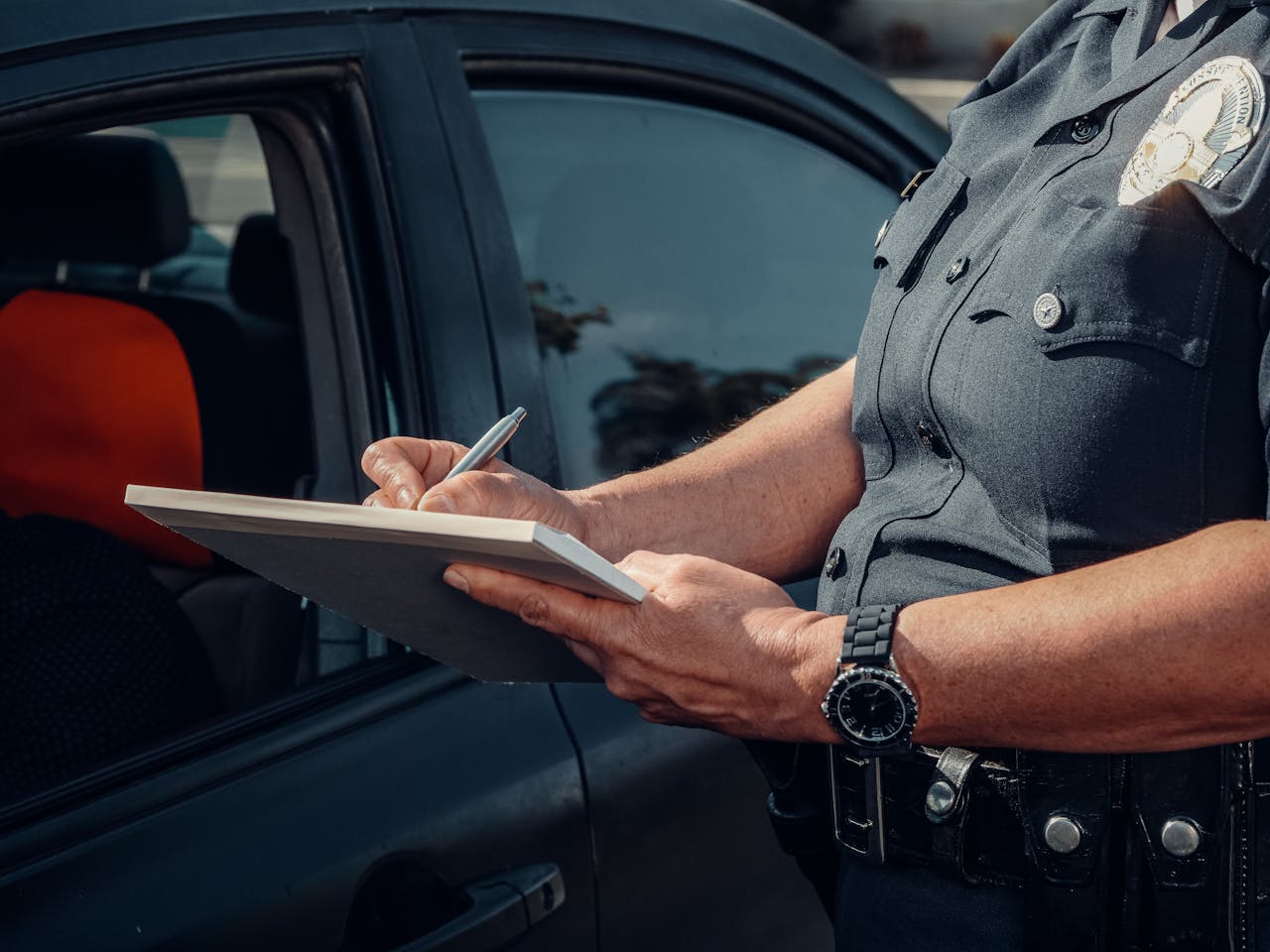Most people assume that driving a few miles over the limit is harmless. Nebraska just ended that idea. The state recently toughened its speeding penalties, introducing a rule that fines drivers even for going one mile per hour over the posted limit. The measure isn’t about revenue; it’s about accountability.
Officials point to a troubling rise in traffic fatalities as the reason. Roads have become faster and riskier since the pandemic, and speed plays a major role. Nebraska’s decision sets a clear tone: the number on the sign isn’t a suggestion. It’s the line you’re expected to follow.
What Exactly Changed
Nebraska’s legislature approved higher fines across every speed bracket. Driving one to five miles per hour over the limit now costs $50 instead of $10. Six to ten miles over jumps to $75 instead of $25. Each level roughly doubled or tripled, closing the gap between minor and serious violations. The new law took effect in early September 2025.
More than numbers changed. The statute now classifies driving double the posted limit as reckless driving, a criminal offense rather than a traffic ticket. State patrol officers can also enforce temporary speed reductions during storms or roadwork to keep traffic moving safely.
Supporters say the increase simply updates outdated penalties. Fines hadn’t been touched in decades, even as vehicles and roadways evolved. By modernizing the rules, lawmakers hope to restore meaning to the speed limit itself.
For many Nebraskans, it’s a wake-up call. The once-common idea that “five over is fine” no longer applies. The smallest infraction now carries a real cost.
Why Nebraska Tightened the Rules

State data shows fatal crashes linked to speed have remained high since 2020. Troopers reported dozens of 100-mph stops in the two weeks before the rule passed. Lawmakers felt that symbolic fines weren’t changing behavior; they were just absorbed as the price of driving fast.
The new schedule adds friction to that choice. Paying $50 for a single mile over may sting, but that’s the point. Officials believe visible, consistent enforcement shapes habits faster than rare, extreme punishments.
How the New Fines Compare

Nebraska’s law differs from the “super speeder” policies in Florida and Georgia. Florida now treats driving 50 mph over the limit as a misdemeanor. A first offense brings up to 30 days in jail and a $500 fine. Repeat offenders face 90 days and $1,000 penalties.
Georgia adds a $200 state fee for anyone driving over 75 mph on two-lane roads or above 85 mph anywhere else. Ignore the fine, and your license is suspended until it’s paid. These laws target extreme cases, drivers who treat highways like racetracks.
Nebraska, by contrast, wants deterrence across the board. Every driver faces consequences, not just the reckless few. Lawmakers say that lowering tolerance from way too fast to just over sends a clearer message.
Critics argue it’s excessive, but even skeptics admit it may work. When the cost of carelessness rises, attention follows.
What Drivers Should Expect

Local patrols say they’re already seeing slower traffic through Omaha and Lincoln. Most people don’t want to risk paying $50 for a casual mistake. The ticket may be minor, but it’s annoying enough to change habits. Early enforcement data suggests compliance is improving, though state analysts will track crash rates over time.
Other states are watching closely. If Nebraska’s low-threshold policy reduces accidents, similar measures could appear nationwide. The days of easy leniency may be numbered.
The Bigger Picture
The core idea is simple: when speed limits matter, lives are saved. Nebraska isn’t chasing perfection; it’s chasing predictability. Slower roads mean fewer deaths, and steady enforcement keeps that equation honest.
You don’t have to like the rule to understand it. Nebraska just reminded the country that driving is a privilege, not a right, and safety starts with the smallest numbers.


